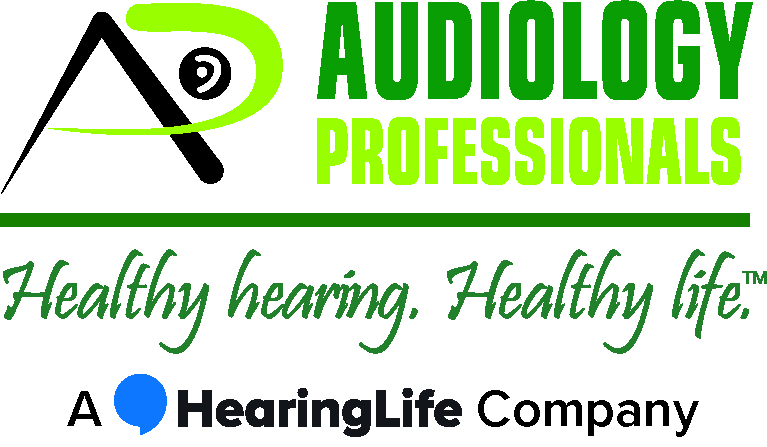When Should You Start Having Hearing Assessments?
It’s estimated that 1 in 8 Americans over the age of 12 experiences some level of hearing loss. According to the National Institute on Deafness and Other Communication Disorders (NIDCD), up to 28.8 million U.S. adults could benefit from using hearing aids.
Hearing loss is something that can happen as we age. In most cases, it happens very gradually. As a result, many people with impaired hearing are unaware of how much their hearing ability has been affected.
Untreated hearing loss can have a big impact on your quality of life. Not only can it make communication more difficult, untreated hearing loss has actually been linked to an increased risk of cognitive decline. With this in mind, you may be wondering when you should start having hearing assessments.
What is a Hearing Assessment?
First, let’s explore what a hearing assessment actually is. When you visit a hearing specialist, they will perform a more in-depth hearing assessment than those normally done at your primary doctor’s office. An audiology hearing assessment helps hearing specialists detect a broader spectrum of hearing loss issues.
When Should You Start Having Hearing Assessments?
Recommendations from the American Speech-Language-Hearing Association (ASHA) highlight that you should be getting a hearing screening at least once every 10 years until you reach 50. From 50 years and above, you should be getting your hearing assessed every three years.
A hearing assessment can detect a wider range of health issues. For this reason, we advise that you consider a hearing assessment as part of your regular annual physical.
If you recognize any of the following symptoms at any age, we recommend booking in with a hearing care professional:
- You struggle to understand conversation in noisy environments.
- You ask people to repeat themselves frequently.
- You listen to the radio or watch the TV at far louder volumes than your friends or family do.
- You experience a sudden loss of hearing.
- You hear a ringing in your ears, called tinnitus.
- You experience any balance issues or disorders, such as vertigo.
Need Help? Contact Us Today!
If you’d like to speak to one of our hearing care experts, contact Audiology Professionals today. Our team would be happy to help. Call us today on (541) 228-9233. Alternatively, click here to contact us online.
